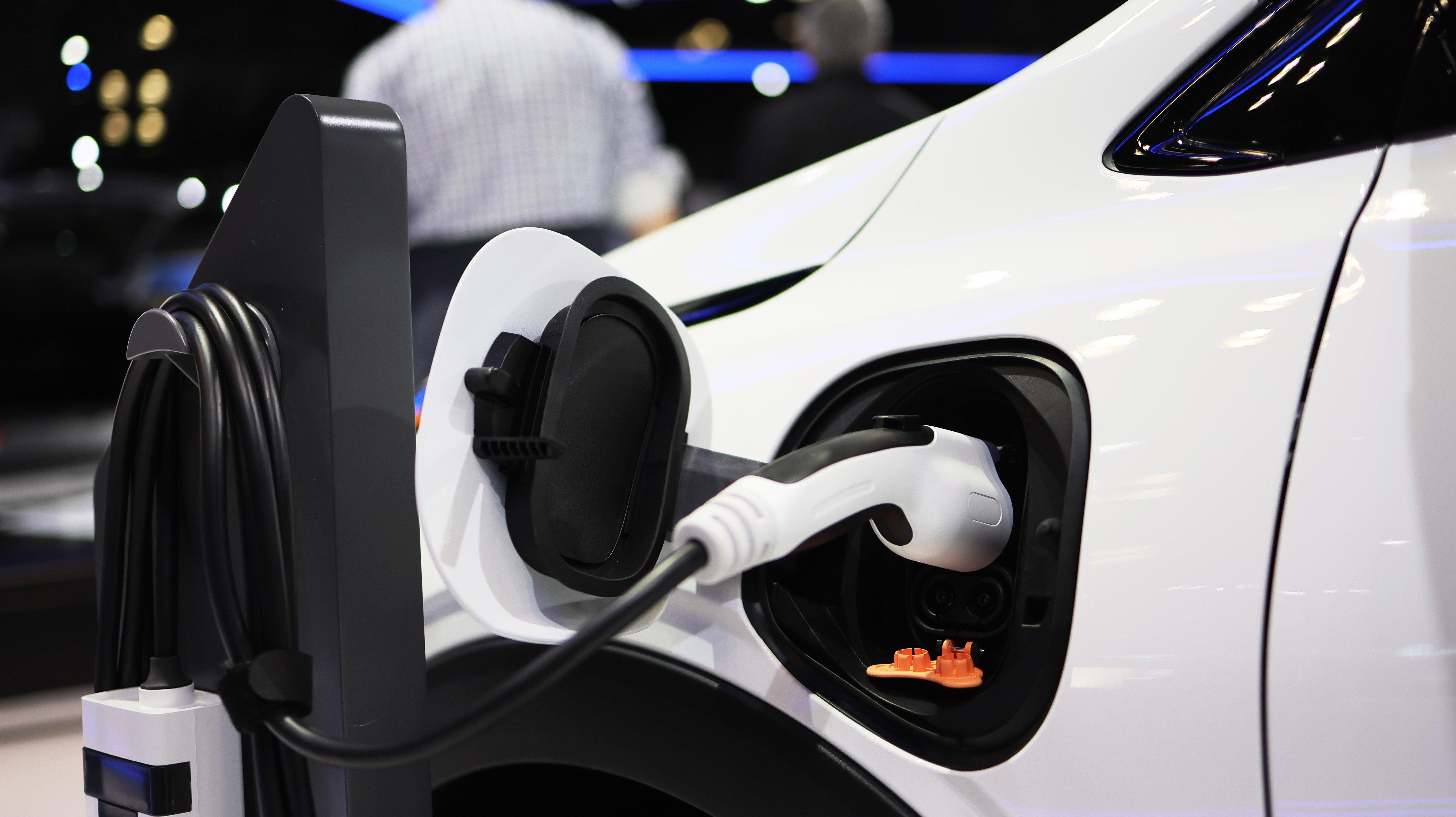EVs Could Potentially Charge In Just 10 Minutes By 2027: Report
Researchers believe it'll soon be possible to charge an EV in the time it takes to fill up at the pump.
One of the biggest drawbacks to EVs at the moment are their charge times; now, government researchers presenting at the American Chemical Society have found a way to charge an electric car's battery up to 90 percent in just 10 minutes. The best part? We could see those charge times in five years.
Here's a little more from the Washington Post:
"The goal is to get very, very close to [times] you would see at the gas pump," said Eric Dufek, a lead author of the study and scientist at the Idaho National Laboratory, a research center run by the Department of Energy.
[...]
But the race to super charge electric vehicles has faced obstacles over the past decade. At issue is the delicate balance of trying to charge an electric vehicle battery quicker, but not doing it so fast that a rapid charge does long-term damage to the battery or plays a role in causing them to explode. Charging electric batteries fast can cause damage, reducing the battery's life span and performance, scientists said.
"You've had batteries when you first got it, they were great, but after a couple years or a few hundred charge cycles, they don't perform as well," said Eric D. Wachsman, director of the Maryland Energy Innovation Institute, an energy research organization at the University of Maryland.
Right now, researchers are working primarily from modeled data, but they believe they've found a way to maximize the amount of energy that can be stored in a lithium ion battery in a short period of time without the battery being damaged. Actually putting that into practice will prove to be the bigger challenge, but researchers are convinced they'll be able to make it happen — possibly even finding ways to exceed the 10 minute charging time they've previously mentioned.
One of the tangential benefits to this increased charge time? Manufacturers could start building cars with smaller batteries — which means cheaper cars.
